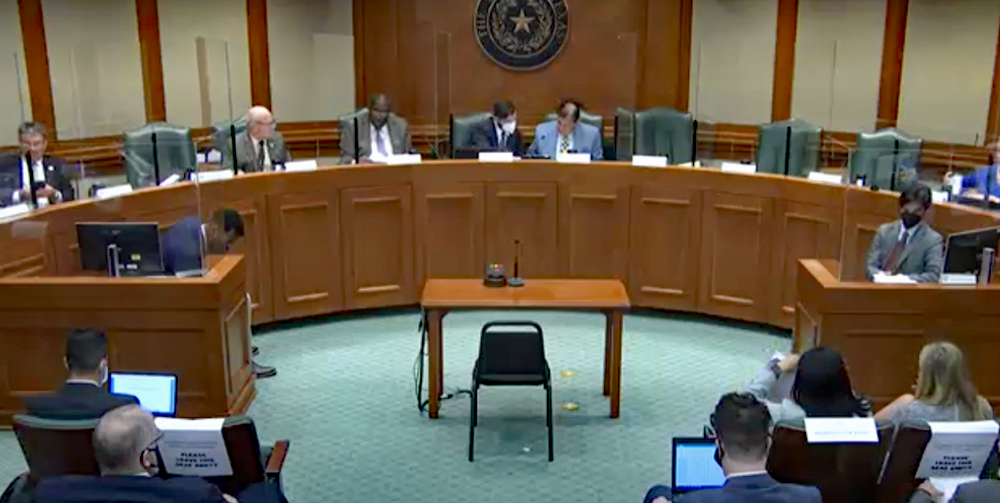
Texas committee hears testimony on special education micro-grant bill
By Bethany Blankley | The Center Square
A Texas Senate committee heard testimony this week on legislation that would extend a micro-grant program for special education students in public schools.
Senate Bill 1716 would continue an existing program that provides enrolled special education students with $1,500 stipends to fund supplemental special education services and materials.
The program is funded with federal COVID-19 relief funds, which lawmakers may need to revisit once the federal aid money runs out.
State Sen. Charles Perry, R-Lubbock, told the Texas Senate Committee on Education on Tuesday that the state has 17,000 eligible students, with 7,000 scholarships awarded so far.
“We must make this program permanent so that special education families can continue to receive state supported improvements [to a] child’s special education,” Perry said.
Colleen Dippel testified in favor of the bill for Families Empowered, a nonprofit that helps parents choose education options, and read letters on behalf of parents.
“Low-income families, moms, dads, single moms, single dads with special needs students can’t give their children the help they need without this financial support,” one parent wrote in a letter read by Dippel. “The funding is like a sigh of relief.”
Dr. Charles Luke of the Coalition for Public Schools argued the grants amount to vouchers, which the organization opposes.
“Senate Bill 1716 has good intent, but we believe there’s a voucher in the bill and that it provides a direct payment of public funds to a private citizen,” he said.
Luke noted the group would like to see the funds “go through the proper channels through the school district.”
Steven Aleman, a policy specialist with Disability Rights Texas, said the legal advocacy group does not support the bill “because it does not put emphasis on serving students in the classroom. This is about diverting limited resources, whether state or federal, that allows a private vendor to take a cut off the top to pay for their services of administering on behalf of [the Texas Education Agency].”
Corey DeAngelis, director of research at the American Federation for Children, a school choice advocacy group, said, “education funding exists to meet the needs of students, not to prop up and protect a particular institution.”
He added that the program isn’t a voucher system since “it is money that follows the student as long as they’re still enrolled in the public school system, why would anybody be against that?”
SB 1716 was left pending in the committee following the testimony.






